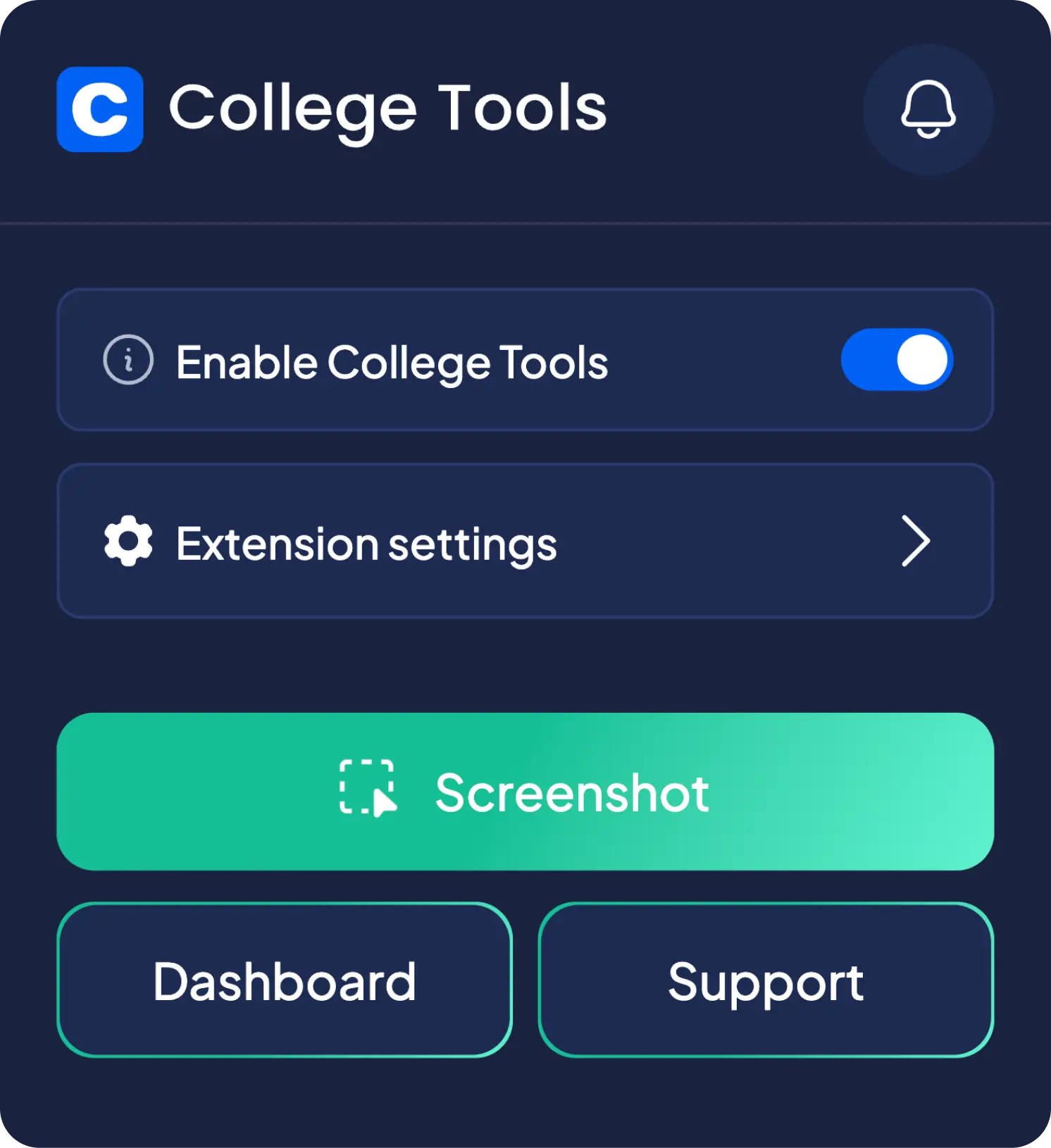Table of Contents
Revolutionizing Medical Studies: Learning Apps Transforming Health Education
The medical field is vast and perpetually advancing, demanding continuous learning and adaptability from its practitioners. With the rise of digital innovation, numerous learning apps aim to enhance medical education efficiency. Today, we compare several top contenders to determine the best learning platform for aspiring and established health professionals.
Digital Disruption in Health Education
The traditional approach to medical studies encompasses extensive reading, rote memorization, and in-person training. However, digital technology has introduced new paradigms for learning, with apps offering interactive modules, up-to-date information, and personalized learning experiences. A study from The New England Journal of Medicine shows increased engagement and improved retention in learners using these digital tools.
Comparing the Contenders
Let's examine some of the most promising apps that are redefining health education:
1. Medscape
Medscape stands out for its comprehensive clinical information, including drug interaction checkers, medical calculators, and continuing education courses. It caters not only to medical students but also to seasoned professionals needing quick access to clinical references.
2. WHO Academy
Developed by the World Health Organization, the WHO Academy app is designed for health workers worldwide. It provides the latest guidelines, training courses, and a global community platform for sharing experiences and knowledge.
3. CDC Mobile App
The Centers for Disease Control and Prevention offers an app that features disease case studies, prevention strategies, and public health news. It's an excellent resource for epidemiology and public health learners.
Criteria for Evaluation
When evaluating these apps, we consider:
- Content Quality: Are the educational materials peer-reviewed and evidence-based?
- User Experience: Is the app intuitive and easy to navigate?
- Access to Information: Does the app provide real-time updates and responsive support?
- Interactivity: Are there interactive elements such as quizzes and case simulations?
- Flexibility: Can users learn at their own pace, and access content offline?
User Feedback & Ratings
User reviews are crucial for assessing the effectiveness of these platforms. One must delve into user testimonials and aggregate ratings to gauge the satisfaction level of the medical community using these apps.
Budget & Accessibility
While some apps offer free content, others require subscriptions or in-app purchases. It's essential to consider the cost against the app's value, accessibility, and the resources it provides.
The Verdict
Choosing the best learning platform hinges on individual educational needs and goals. For in-depth clinical resources, Medscape leads the way. WHO Academy excels in global health perspectives, and the CDC app is paramount for public health enthusiasts.
For those exploring learning apps to complement their medical studies, reading through reviews and comparing functionalities is a beneficial exercise. You may find additional insights and comparative studies at College Tools, which could further aid in making an informed decision.
Conclusion
As healthcare evolves, so must the tools for education. Learning apps are increasingly becoming a staple in the medical field, offering interactive, up-to-date, and personalized learning opportunities. While many options exist, finding the right platform is subjective and should align with one's specific learning style and professional aspirations.
Remember, technology is an enabler, but the passion for learning and the commitment to healthcare excellence are what truly propel medical professionals forward. Choose wisely, and may your quest for knowledge be as rewarding as the service you provide to humanity.








